GST on daily items: Nirmala Sitharaman says a decision will be taken with all states on board.

GST on daily items: Nirmala Sitharaman says a decision will be taken with all states on board.
Nirmala Sitharaman, the finance minister, responded to criticism over the GST on everyday commodities on Tuesday by stating that all states, including those not governed by the BJP, have approved the 5% tax on wheat bread and other products.
She said that the non-BJP-ruled states of Punjab, Chhattisgarh, Rajasthan, Tamil Nadu, West Bengal, Andhra Pradesh, Telangana, and Kerala have consented to enact the 5% levy.
In a Twitter message, Sitharaman stated that before implementing the Goods and Services Revenue (GST), states imposed sales taxes or VAT on grain production and that the current duty on grains, pulses, flour, curd, and lassi is an effort to stop tax leakage. She said that the GST Council, which includes delegates from every state, reached a unanimous conclusion.
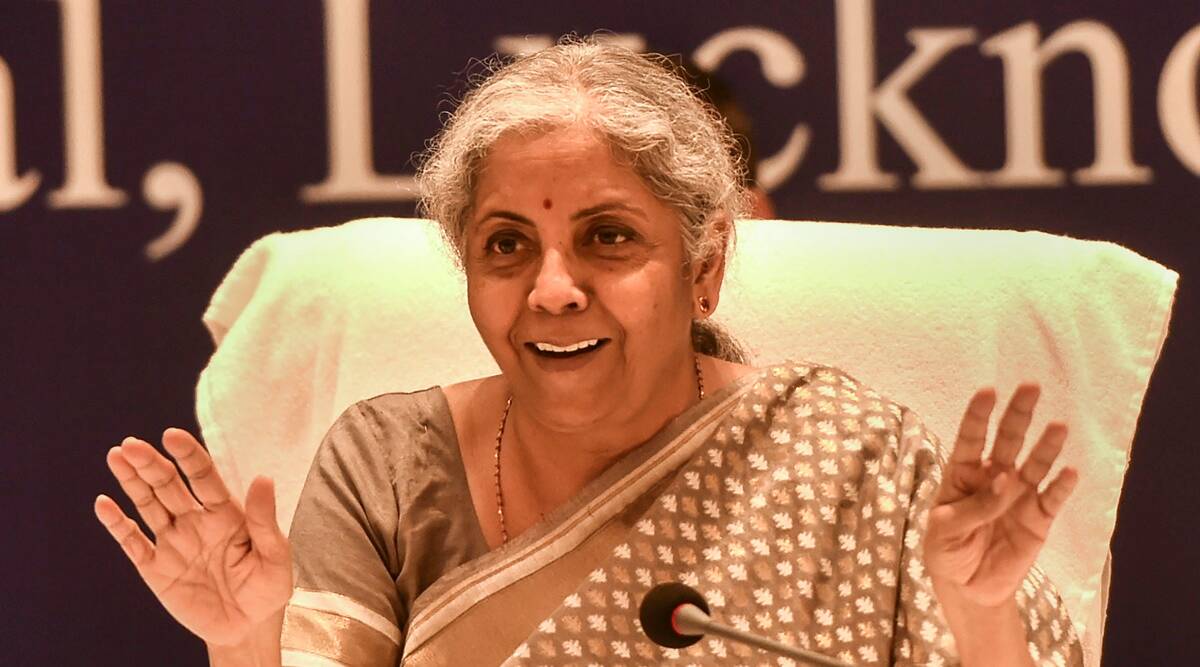
The minister’s remarks are made because the first two days of the monsoon parliamentary session were majorly wiped out by boisterous opposition party protests against the GST on everyday products and other problems.
Is this the first time that these food products have been taxed? No. In the pre-GST era, food grain was a major source of revenue for the states. By purchase tax, Punjab alone brought in moreover Rs 2,000 crore on food grains. 700 crore were collected in UP, she stated.
To support her argument, Sitharaman referenced the preceding 2017 rice VAT levied in Punjab, Telangana, Uttar Pradesh, Andhra Pradesh, Kerala, and Bihar. The tweets, however, did not include examples of the tax being levied on beans, paneer, or lassi because it is presently.
“Recently, the GST Council proposed reconsidering the strategy for imposing GST on certain food commodities, including pulses, grains, flour, etc., at its 47th meeting. There have been many myths propagated about this, the minister stated.
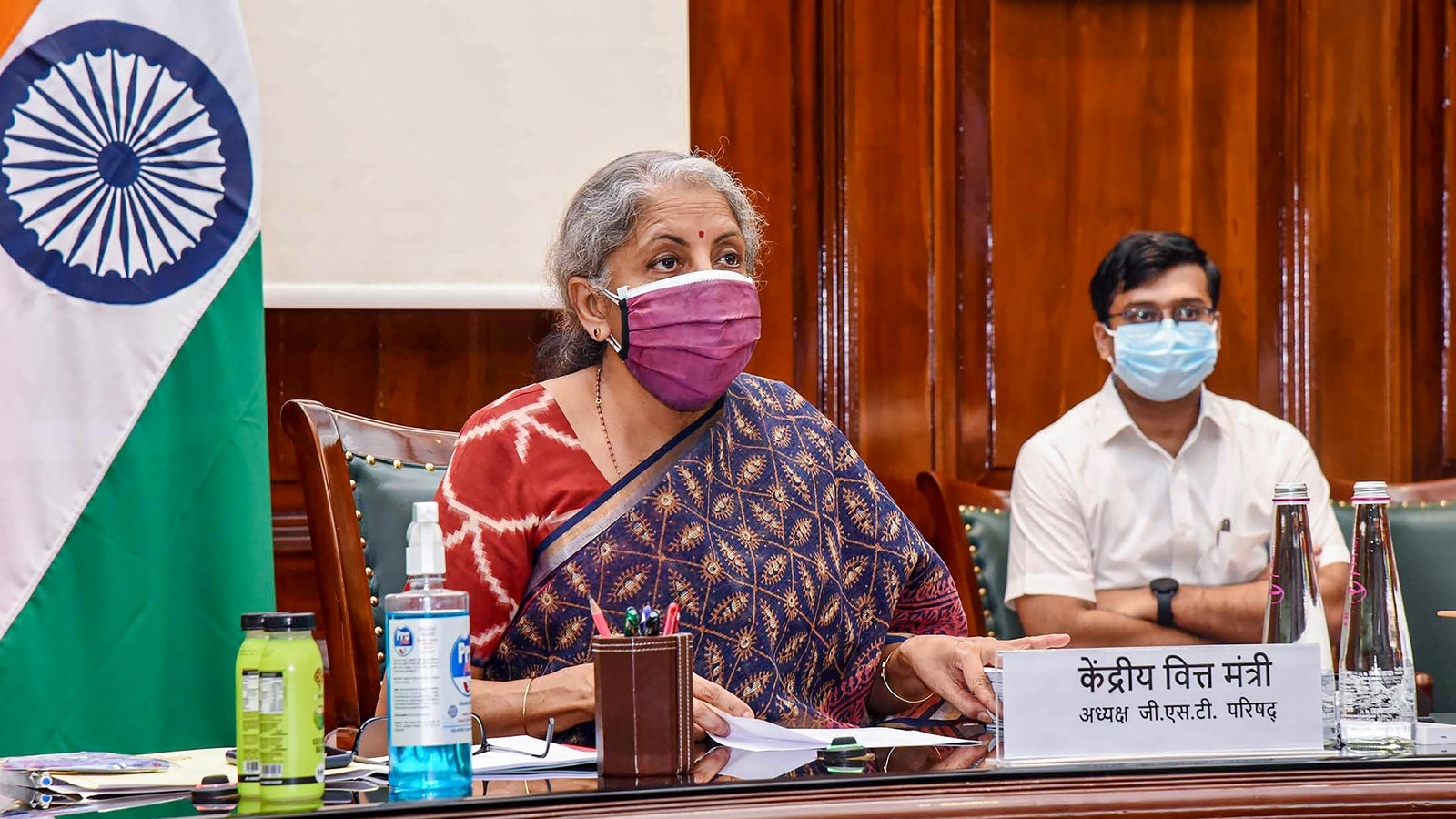
A 5% tax was imposed on “branded” cereals, pulses, and flour when the GST regime, which replaced 17 federal and state taxes, including federal excise and state VAT, was implemented in July 2017.
Later, she added, “this was changed to only tax those things that were sold under understood brand names or names on which the supplier had not waived an enforceable right.” However, reputable manufacturers and brand owners quickly noticed widespread exploitation of this loophole, and over time, GST income from these products dramatically decreased. She added that suppliers and industry companies urged the government to levy GST equally on all packaged goods to prevent this misuse.
A Fitment Committee made up of officials from Rajasthan, West Bengal, Tamil Nadu, Bihar, Uttar Pradesh, Karnataka, Maharashtra, Haryana, and Gujarat was given the work of looking into the matter.
She stated that the group looked into the matter during several meetings and provided recommendations for altering the modalities to prevent misuse. A group of ministers led by the chief minister of Karnataka and including the representatives from West Bengal, Rajasthan, Kerala, Uttar Pradesh, Goa, and Bihar looked over the committee’s suggestions.
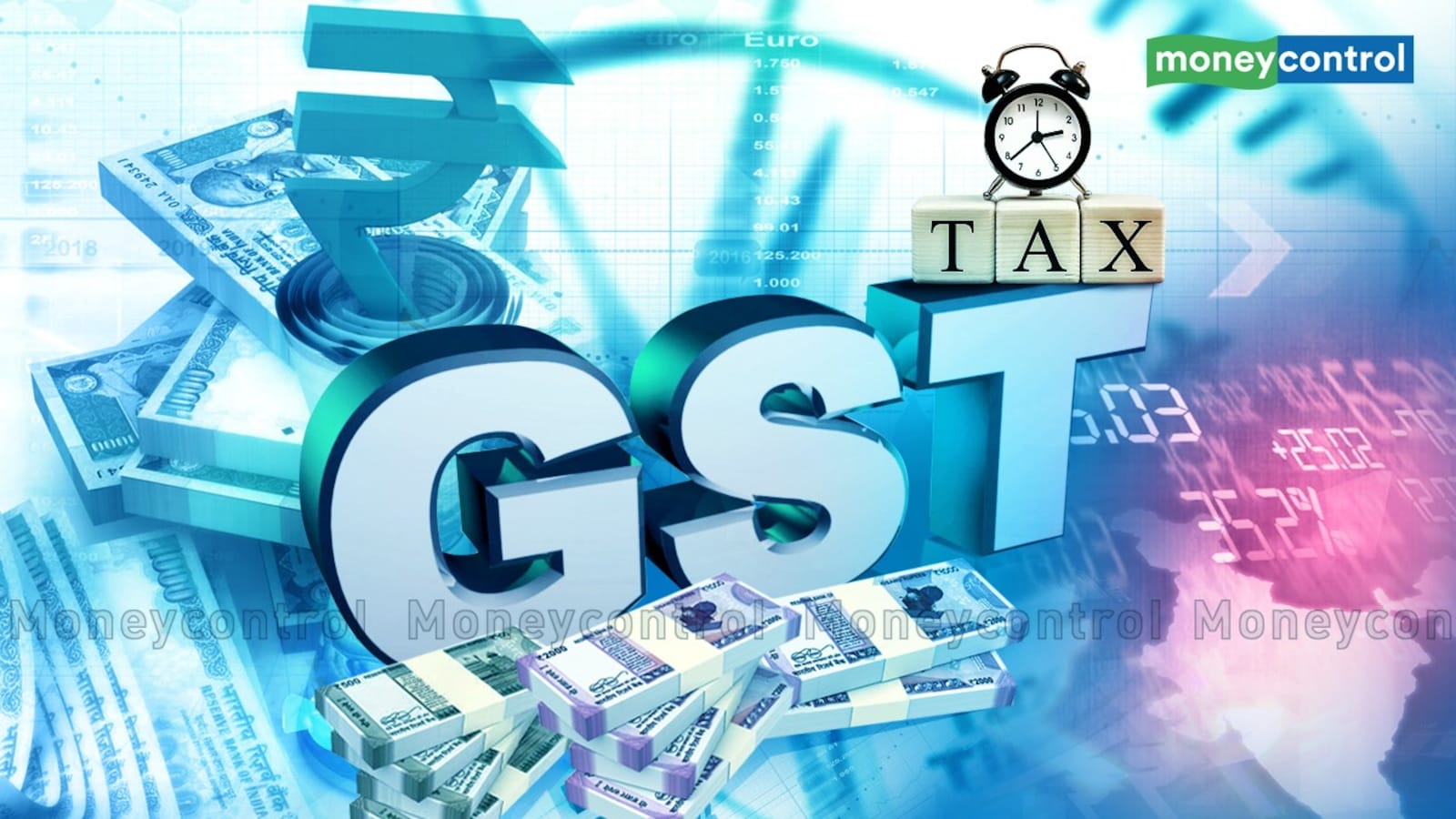
The GST Council, the top decision-making body of the new tax system, heard the GoM recommendation at its session in Chandigarh last month.
“The GST Council made its decision in this context at its 47th meeting. With effect from July 18, 2022, only the process for applying the GST to these commodities was changed; the GST’s coverage remained the same, with the exception of a few products, the spokeswoman stated.
When provided “pre-packaged and labeled,” certain food goods were subject to a 5% GST. The tweets, however, did not include examples of the tax being levied on beans, paneer, or lassi because it is presently.
“Recently, the GST Council proposed reconsidering the strategy for imposing GST on certain food commodities, including pulses, grains, flour, etc., at its 47th meeting. There have been many myths propagated regarding this, the minister stated.
A 5% tax was imposed on “branded” cereals, pulses, and flour when the GST regime, which replaced 17 federal and state taxes, including federal excise and state VAT, was implemented in July 2017.
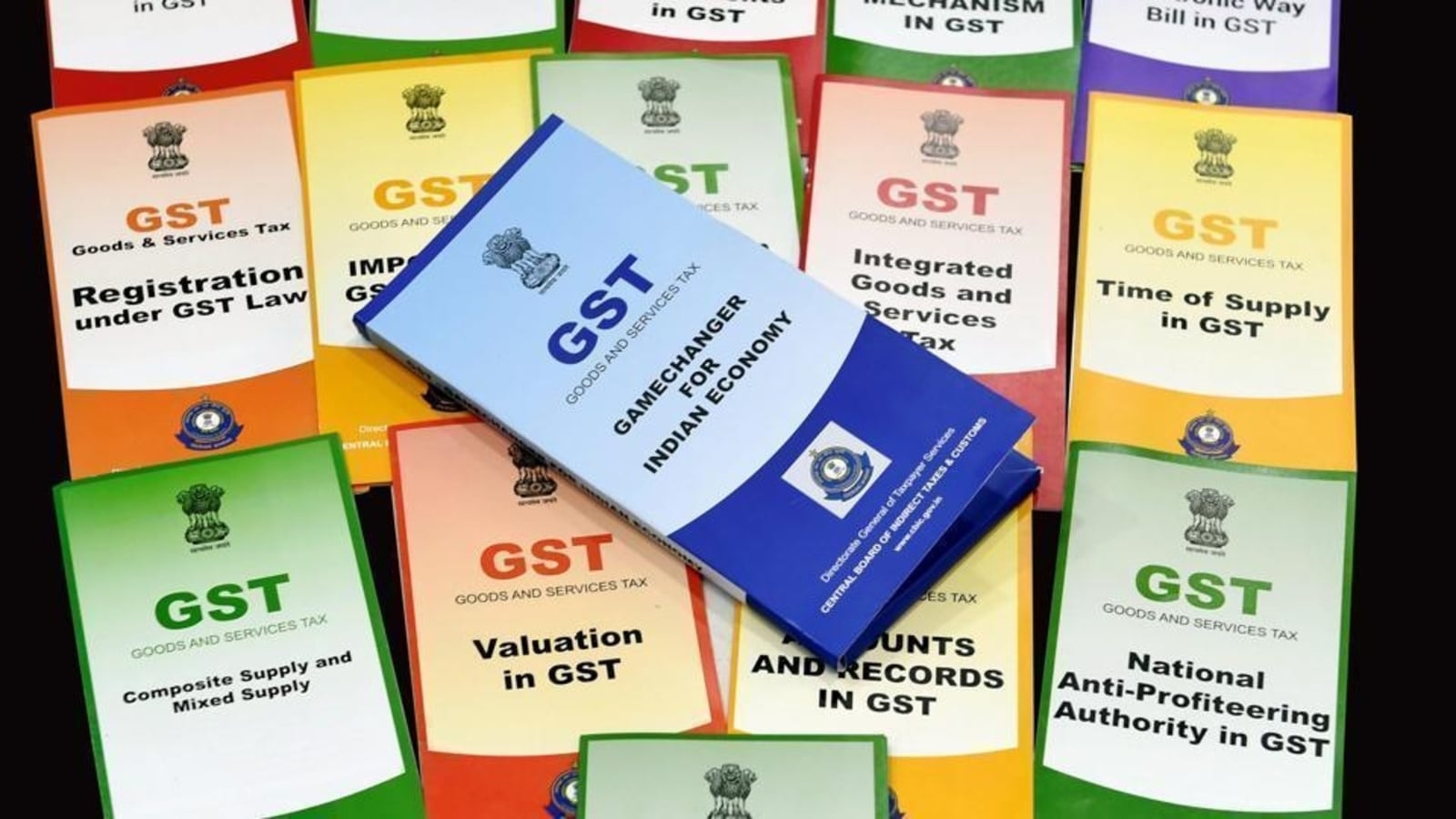
For a moment, when labelled and packaged in unit containers, products like lentils, cereals like rice, flour, and flour, etc., previously drew GST @ 5%. She stated that these goods would be subject to GST starting on 18.7.2022 if they were “pre-packaged and branded.”
However, when sold free and not pre-packaged or pre-labelled, pulses, wheat, rye, oats, corn, grains, flour, suji, naan, puffed rice, and curd/lassi will not be subject to GST.
“The GST Council made this choice in unanimity. When the Group of Ministers submitted this subject on Rate Rationalization at the 47th meeting held in Chandigarh on June 28, 2022, all states were in attendance at the GST Council.
The decision was accepted by all States, even non-BJP States (Punjab, Chhattisgarh, Rajasthan, Tamil Nadu, West Bengal, Andhra Pradesh, Telangana, and Kerala). Once more, the GST Council reached its decision through consensus, according to Sitharaman.
The GoM urged the modifications, which “seriously reviewed this idea, taking into consideration the tax leakage,” according to the spokeswoman. “To sum up, this choice was crucial for reducing tax leakage. The GST Council ultimately recommended it with 100% agreement from all members after considering it at several levels, including that of officials and the Group of Ministers, she said. ANZ RAM PTI.
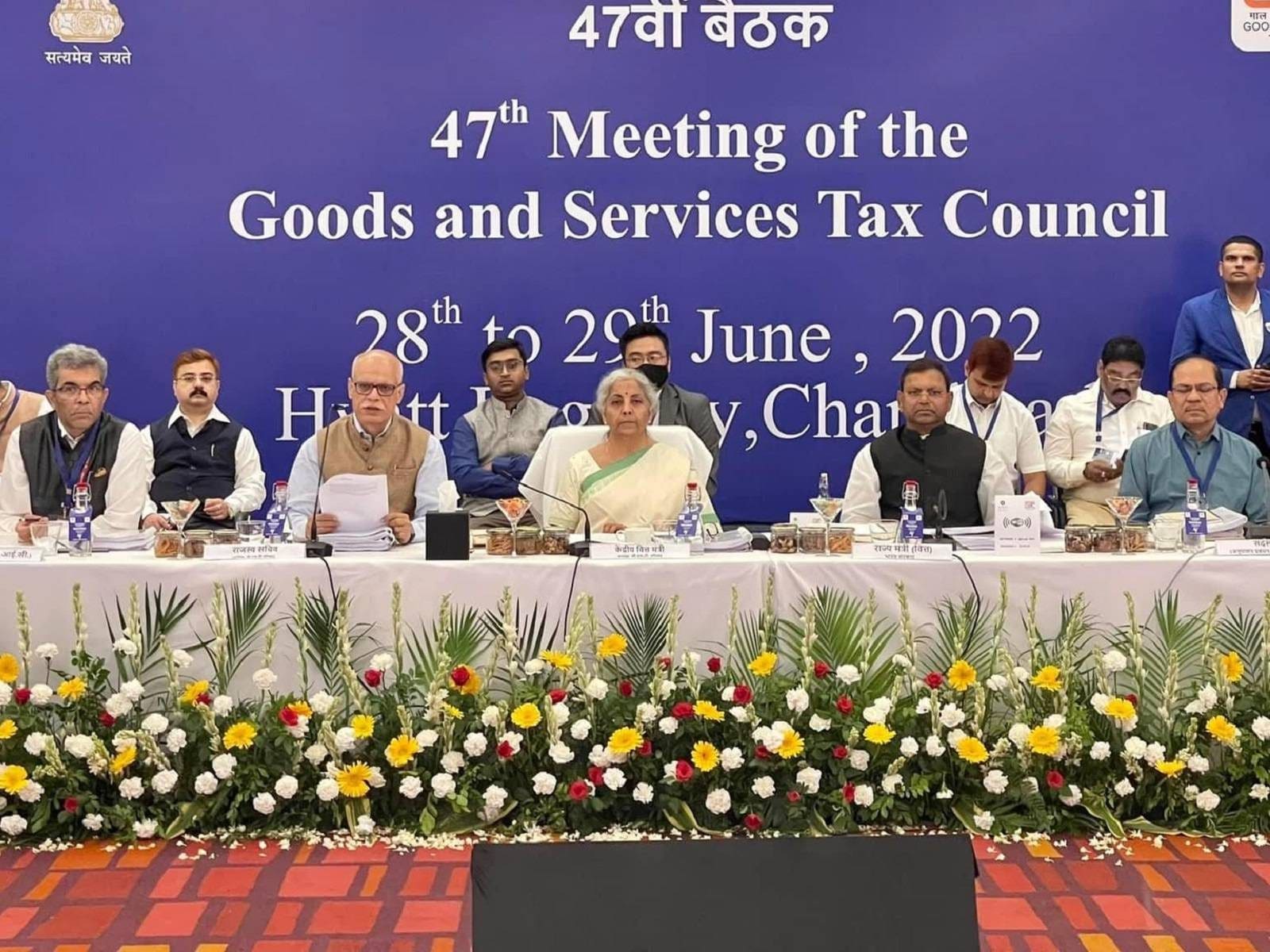
A number of topics, including a way for paying states for lost revenue, adjustments to different tax rates, and loosened registration requirements for small online providers, will be covered at the 47th GST Council meeting, which is currently taking place.
The Council meeting, presided over by Union Finance Minister Nirmala Sitharaman and attended by state counterparts, will discuss measures to combat tax evasion, mainly coming up with strategies to work with high-risk taxpayers under the GST, in addition to levying the significant debt of 28 percent on online games, casinos, and horse racing.
Nirmala Sitharaman, the honourable union minister of finance, is presiding over the meeting, and several major decisions are expected to be made there, according to a tweet from PIB Chandigarh.
The Union Minister of State for Finance, Shri @mppchaudhary, Finance Ministers of States and UTs, and Senior Officers from the Union Government and States are present for the two-day GST Council meeting, the Finance Ministry tweeted.
The GST Council will take into account a report from the panel of state ministers on trying to make e-invoicing mandatory for all taxpayers who supply gold and precious stones and who have an annual aggregate turnover of more than Rs 20 crore and making e-way bills mandatory for intrastate movement of gold and gemstones worth Rs 2 lakh and above.
Additionally, the interim percentage rationalization report of a committee of ministers led by the chief minister of Karnataka, Basavaraj Bommai, which recommended reversing the tariff structure and eliminating some goods from an exempt list, would be brought up for consideration.

Separately, the Fitment Committee report, widely known to be the group of state and central officials, which recommended changing pricing for a select few goods and issuing clarification in the case of the bulk of products, would be discussed during this meeting.
The officers’ panel has recommended delaying a decision about the taxability of cryptocurrencies and other virtual digital resources. At the same time, a law is developed to regulate them and determine if they are considered products or services.
With opposition-ruled countries vehemently arguing for its retention beyond the five-year period that ends in June, the Council may witness a contentious discussion on the compensation payments to states.
The Centre announced last week that the compensating levy on luxury and depreciable products will be extended till March 2026 to repay borrowing done in 2020–2021 and 2022–2023 to compensate for states’ lost GST revenue.
The gap between guarded income and the actual revenue receipt, which includes a drop in cess collection, has grown despite states’ covered revenue exceeding at a percentage of 14% compound growth.
According to a Reserve Bank analysis, the weighted average tax percentage under the GST decreased from 14.4 percent at the time of its inception to 11.6 percent in September 2019.
The Center borrowed and issued Rs 1.1 lakh crore in 2020–21 and Rs 1.59 lakh crore in 2021–22 as back-to-back loans to cover a part of the shortfall in cess collections in order to fill the resource gap for the states caused by the slow delivery of compensation.
The Council is set to simplify the mandatory registration requirements for small companies using e-commerce platforms to sell goods and services with annual revenue of up to Rs. 40 lakh and Rs. 20 lakh, respectively.
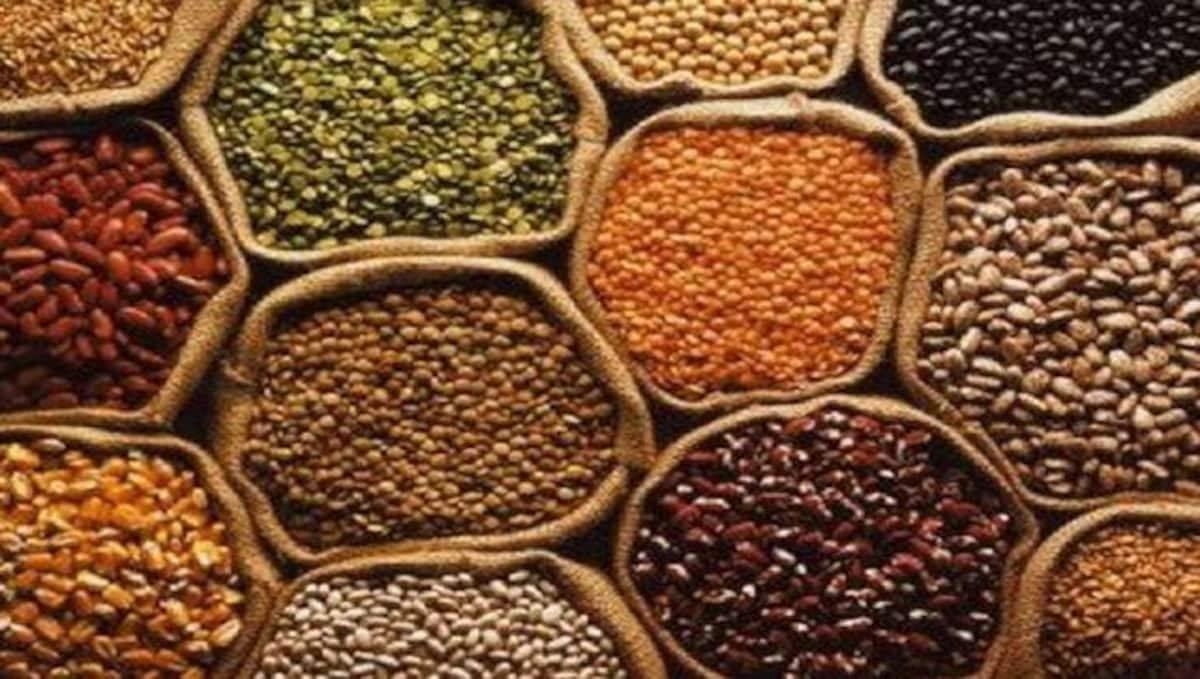
Goods and Services Tax (GST) registration is needed for all vendors who deliver goods through e-commerce. Additionally, companies who produce e-commerce goods and have annual revenues up to Rs 1.5 crore will be allowed to choose the composition plan, which provides a reduced tax percentage and easier compliance.
Businesses that are supplied through e-commerce are now unable to use the composition of the framework and system. The adjustments would make the relationship between businesses operating under GST offline or online.
In addition to using bank accounts and electricity bill records for the identification of high-risk taxpayers under the GST, the study of a group of state finance ministers suggests confirmation after registration for such taxpayers.
Edited by Prakriti Arora




